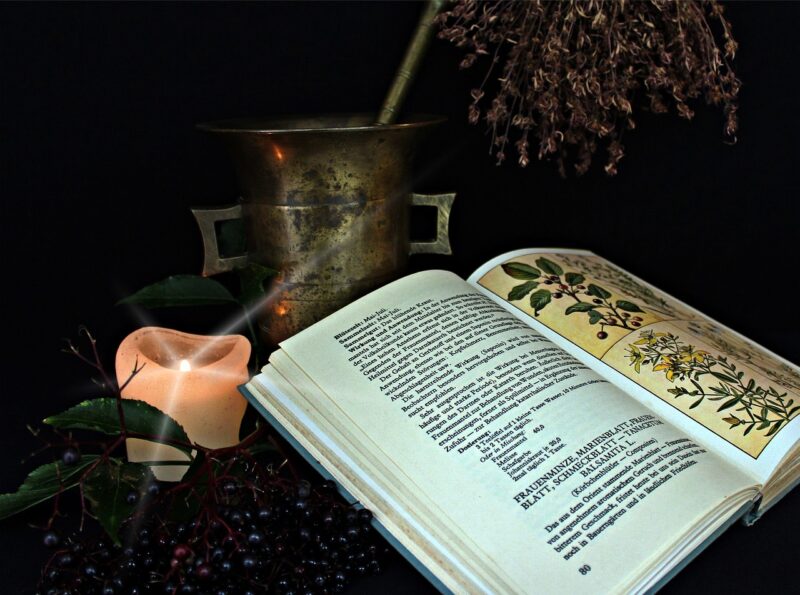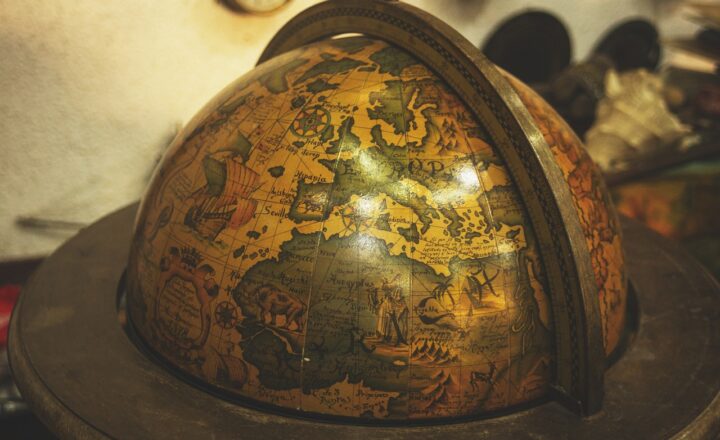
Alchemy, often viewed through the lens of mythology and mysticism, occupies a unique space in the history of science. This ancient practice, which flourished primarily in Europe and the Islamic world from antiquity to the Renaissance, aimed to transform base metals into noble ones, concoct elixirs of life, and uncover the secrets of the universe. But were these early practitioners simply deluded, or were they, in fact, laying the groundwork for modern chemistry and other scientific disciplines? In this article, we explore the world of alchemy, its historical context, its processes, and its lasting legacy on modern science.
1. Understanding Alchemy: A Brief Historical Overview
Alchemy originated in ancient Egypt, where it was known as the ‘art of transformation’. It evolved through interactions between Greek, Roman, Arabic, and medieval traditions. Alchemist figures such as Hermes Trismegistus, Zosimos of Panopolis, and Jabir ibn Hayyan were pivotal in shaping the philosophy and techniques of alchemy.
Ancient alchemy is typically classified into four main stages that reflect its primary goals:
- Transmutation: The idea of turning base metals like lead into gold through a series of chemical processes, embodying the philosophical quest for the philosopher’s stone.
- Elixirs and Medicinal Remedies: The search for life-extending substances and cures for diseases, often through concocting potions and elixirs.
- Philosophy and Spirituality: The link between material transformation and personal enlightenment or spiritual purification, reflecting a holistic view of nature and existence.
- Symbols and Languages: The use of complex symbols, allegories, and secret languages to encode knowledge, often making it accessible only to initiated practitioners.
2. The Alchemical Process: Techniques and Apparatus
The methods of alchemy might seem arcane today, but they laid early foundations for laboratory techniques and materials. Alchemists employed a suite of processes that included:
- Calcination: A process involving the heating of a substance in a crucible, aiming to eliminate impurities or combine elements.
- Dissolution: Dissolving a solid into a liquid to purify or combine it with other substances.
- Coagulation: The transformation of liquid into solid, representing the final stages of an alchemical operation.
- Fermentation and Distillation: Processes used to create elixirs and purify substances, capturing the essence of transformation.
- Filtration: A method for separating solids from liquids, essential in achieving purity in chemical mixtures.
Alchemical laboratories were equipped with various apparatuses such as the alembic for distillation, crucibles for heating, and various forms of glassware. While the goals of alchemy were often mystical, these techniques contributed significantly to the development of practical chemistry.
3. The Philosopher’s Stone: Myth or Reality?
One of the most compelling legacies of alchemy is the pursuit of the philosopher’s stone, reputed to have the ability to transform base metals into gold and grant immortality through the Elixir of Life. The search for this elusive substance serves as a potent metaphor for the human quest for understanding and mastery over nature.
However, scholars argue that the philosopher’s stone was not just a literal object but also a symbol of spiritual transformation and enlightenment. The allegorical nature of many alchemical texts suggests the stone represented the culmination of a long process of personal and philosophical development.
This duality reflects the deeper struggles of humanity: seeking material wealth while yearning for metaphysical understanding. In practice, translations and interpretations of ancient texts throughout history reveal how the concept of the philosopher’s stone has morphed into a perennial symbol within various spiritual traditions.
4. Alchemy’s Influence on Modern Science
Although much of alchemy’s reputation has been overshadowed by its more mystical elements, its influence on the formation of modern chemistry and other scientific disciplines is undeniable. Figures such as Robert Boyle, widely regarded as the father of modern chemistry, incorporated many alchemical principles into their scientific pursuits.
Moreover, alchemy contributed to:
- Chemical Nomenclature: The establishment of terms and classifications for substances, which would later evolve into the language of modern chemistry.
- Laboratory Techniques: Many alchemical methods such as distillation and crystallization became foundational techniques that are widely used today within chemical laboratories.
- Scientific Methodology: Alchemical experimentation paved the way for hypothesis-driven scientific practices that led to systematic inquiry and discovery in various fields.
The rich tapestry of alchemical thought and practice reveals a journey from myth to empirical science, reflecting humanity’s enduring desire to explore the mysteries of existence.
5. The Legacy of Alchemy in Contemporary Culture
Today, the fascination with alchemy endures in various forms, from literature to psychology, where Carl Jung drew upon alchemical symbolism in his exploration of the human psyche. Movies, books, and television often reference the themes of transformation and the metaphysical journey, illustrating humanity’s unending quest for knowledge and understanding.
Additionally, practices like homeopathy and herbal medicine occasionally echo alchemical principles, with their emphasis on natural transformation and holistic healing.
Alchemical metaphors permeate modern spirituality and personal development, illustrating how ancient wisdom can provide insights into contemporary issues. The quest for inner transformation resonates strongly with today’s audiences, highlighting the relevance of alchemical thought beyond its historical context.
Conclusion: Alchemy’s Enduring Mystique
In conclusion, while the literal aims of the ancient alchemists may seem quixotic, their pursuit of transformation, understanding, and enlightenment laid significant groundwork for modern scientific development. Alchemy offers a captivating lens through which we can explore the interplay between material and metaphysical realms—an intricate dance that continues to engage our imaginations.
As we reflect on the legacies of alchemy, it becomes clear that the quest for knowledge and the desire for transformation are as relevant today as they were in ancient times. Whether through scientific discovery or spiritual exploration, the wisdom of ancient alchemists still holds valuable lessons for contemporary seekers on the path of understanding our universe.








